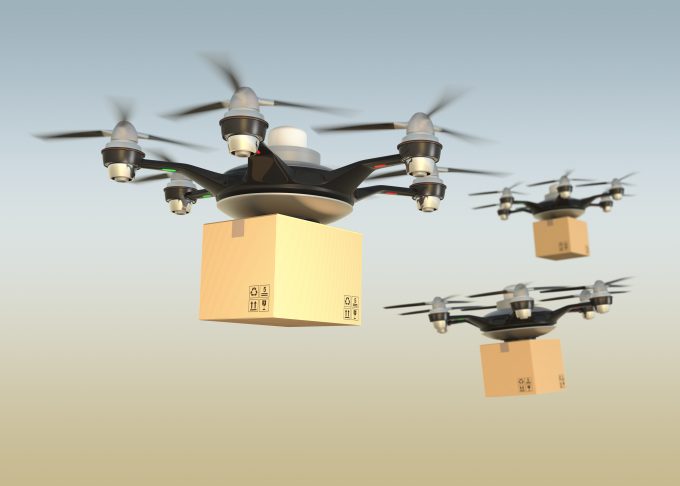Flood of ecommerce will provoke airfreight peak season capacity crunch
Widebody freighter aircraft will be “impossible” to charter by the fourth quarter. According to Pierre van ...
WTC: RIDE THE WAVEFDX: TOP EXEC OUTPEP: TOP PERFORMER KO: STEADY YIELD AND KEY APPOINTMENTAAPL: SUPPLIER IPOCHRW: SLIGHTLY DOWNBEAT BUT UPSIDE REMAINSDHL: TOP PRIORITIESDHL: SPECULATIVE OCEAN TRADEDHL: CFO REMARKSPLD: BEATING ESTIMATESPLD: TRADING UPDATEBA: TRUMP TRADE
WTC: RIDE THE WAVEFDX: TOP EXEC OUTPEP: TOP PERFORMER KO: STEADY YIELD AND KEY APPOINTMENTAAPL: SUPPLIER IPOCHRW: SLIGHTLY DOWNBEAT BUT UPSIDE REMAINSDHL: TOP PRIORITIESDHL: SPECULATIVE OCEAN TRADEDHL: CFO REMARKSPLD: BEATING ESTIMATESPLD: TRADING UPDATEBA: TRUMP TRADE

Analysis from consulting group McKinsey on the B2C delivery market, which is now worth around $70bn a year – that is, simply for the global delivery of goods to consumers’ homes or other drop-off points such as lockers. The sector is the most apt in logistics for disruption, and will likely see the largest use of autonomous delivery vehicles, with manned vans currently deployed by the parcel giants expect to be only used in B2B operations – although exactly how that plays out will depend upon the specific market. “The speed at which the outlined last-mile-delivery scenarios can be reached will vary, depending on public sentiment, regulation, and labour costs. Early adoption of these new autonomous-delivery models will concentrate in developed countries, where labour costs are high enough to make the return on investment significant.”


Comment on this article
Virgil Ratliff
November 28, 2016 at 3:15 pmAutonomous vehicles will someday be used in the logistics. Those hard to reach areas will soon be catered.